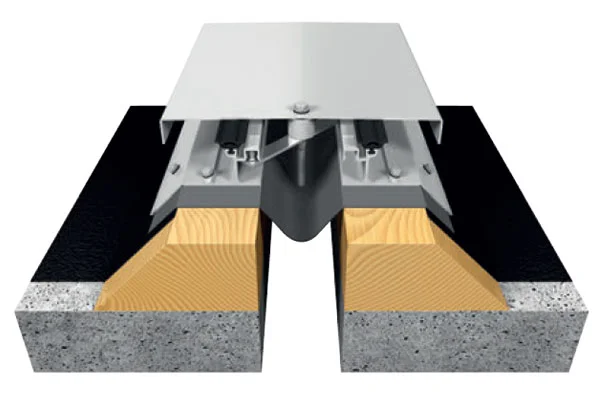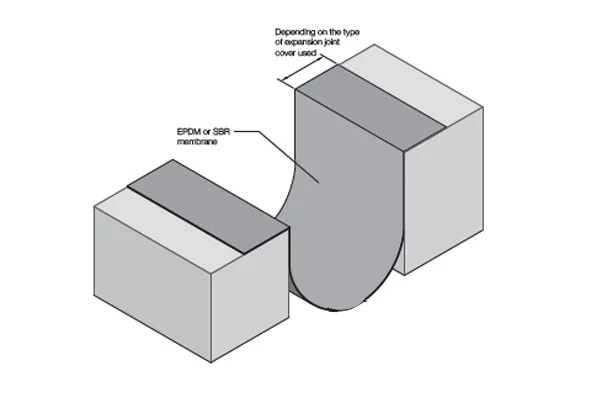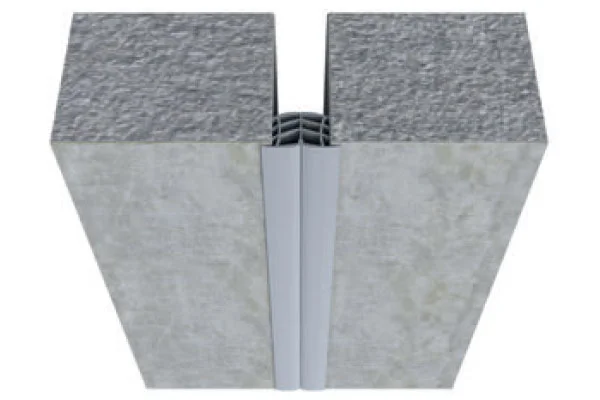UPDATED 6:35 PM EDT
Georgia’s SR 400 Express Lanes project has advanced from federal loan approval to full financial close, with the Meridiam-led SR 400 Peach Partners consortium finalizing an $11-billion package. It combines the largest Transportation Infrastructure Finance and Innovation Act (TIFIA) loan ever issued with a record-setting U.S. public-private partnership bond sale.
According to a Georgia Dept. of Transportation value-for-money analysis reviewed by ENR, the 56-year design-build-finance-operate-maintain (DBFOM) concession will add new tolled capacity and transit infrastructure along a 16-mile stretch north of Atlanta, while delivering $4.05 billion in upfront concession fees to the State Road and Tollway Authority (SRTA) for reinvestment in state transportation priorities.
RELATED
DOT Offers $3.9B TIFIA Loan for Georgia Toll Lanes Project
The financing includes nearly $3.32 billion in tax-exempt Private Activity Bonds (PABs)—the largest P3 bond deal in U.S. history—and a $26-million commitment to the Metropolitan Atlanta Rapid Transit Authority for bus rapid transit (BRT) integration.
Financing Milestone
According to the U.S. Dept. of Transportation Build America Bureau, the $3.89-billion TIFIA loan is the largest in the program’s history. Deal counsel Mayer Brown, which advised the lenders, described the PABs sale as “the largest U.S. P3 bond financing to date.” The bonds were rated Baa3 by Moody’s and BBB+ by Kroll Bond Rating Agency, both with stable outlooks.
Moody’s said its rating reflects expectations that SR 400 Peach Partners will maintain strong liquidity and benefit from stable traffic demand in the growing north Atlanta corridor, while noting construction complexity and potential schedule risks inherent to the $4.6-billion design-build phase.
The financing stack also includes a $184-million Infrastructure for Rebuilding America (INFRA) grant, $100 million in state obligation bonds to support BRT station construction, $15 million from the City of Roswell and private equity from the developer team.
GDOT and SRTA selected SR 400 Peach Partners through a best-value procurement process that scored both technical approaches and financial proposals. The winning consortium includes Meridiam, ACS Infrastructure, Acciona Concesiones, Acciona Construction, Dragados and Parsons, which will serve as lead designer. ACS Infra, Acciona Concesiones and Meridiam will develop and finance the project, with Dragados and Acciona Construction building the lanes. GDOT estimates the design and construction portion alone at $4.6 billion.
RELATED
Consortium Picked for $4.6B Atlanta Toll Lanes P3 Project
Scope and Delivery Model
The project will extend from the MARTA North Springs Station in Fulton County to roughly 0.9 miles north of the SR 400/McFarland Parkway interchange in Forsyth County. Two tolled express lanes will be added in each direction from North Springs to McGinnis Ferry Road, and one in each direction from McGinnis Ferry to McFarland Parkway. Another 0.9-mile express lane will be built in each direction from McGinnis Ferry to McFarland Parkway.
The scope includes replacing or widening multiple bridges—refurbishing spans at Pitts Road, Roberts Drive and Kimball Bridge—constructing two MARTA BRT stations at Holcomb Bridge Road and North Point Mall, and installing a dynamic tolling system that Acciona describes as “a pioneering system whereby the amount to be paid by the driver varies according to the volume of traffic on the highway.”
GDOT spokesman Kyle Collins confirmed the dynamic tolling technology will be interoperable with the state’s existing Peach Pass system, with express lane speeds targeted to remain at least 45 mph—about 30% faster than general-purpose lanes, which will remain toll-free. Transit vehicles will also have toll-free access to the express lanes.
Under the DBFOM structure, the consortium will assume demand risk and maintain both express and general-purpose lanes. A joint venture of Flatiron-Dragados and Acciona will execute construction. GDOT projects express lane users will save up to 17 minutes per trip during peak hours, with daily delay reductions exceeding 19,000 hours. The model also forecasts $130 million to $250 million in state funding savings compared with traditional delivery.
In a statement, Acciona said the project “will not only improve mobility along one of the most congested corridors in the Atlanta metropolitan area but will also deliver significant environmental benefits through reduced congestion and improved traffic flow.” MARTA said it “looks forward to continued partnership” with GDOT, SRTA and the Atlanta-Region Transit Link Authority “in the construction of approximately 16 miles of bus rapid transit lanes and stations on one of metro Atlanta’s busiest highways.”
Next Steps
Before major construction begins, SR 400 Peach Partners will finalize concept designs, conduct environmental re-evaluations, secure required permits and continue acquiring right-of-way. GDOT has not confirmed the official notice-to-proceed date, but work is expected to begin later this year. Collins said initial activities will include utility relocations, tree clearing and other site preparation along the corridor.
The project cleared National Environmental Policy Act review in 2021 with a Finding of No Significant Impact. Phased construction is planned to minimize traffic disruptions, with completion targeted for spring 2031. GDOT projects the area served by SR 400 will gain 144,000 residents and 114,000 jobs by 2050.
SR 400 is the latest in a series of managed lane projects in Georgia, which include the I-75/I-575 Northwest Corridor Express Lanes, the I-85 North Express Lanes Extension and the I-75 South Metro Express Lanes. GDOT is also advancing procurement on the Top-End I-285 Express Lanes, which will connect with SR 400’s new capacity.








